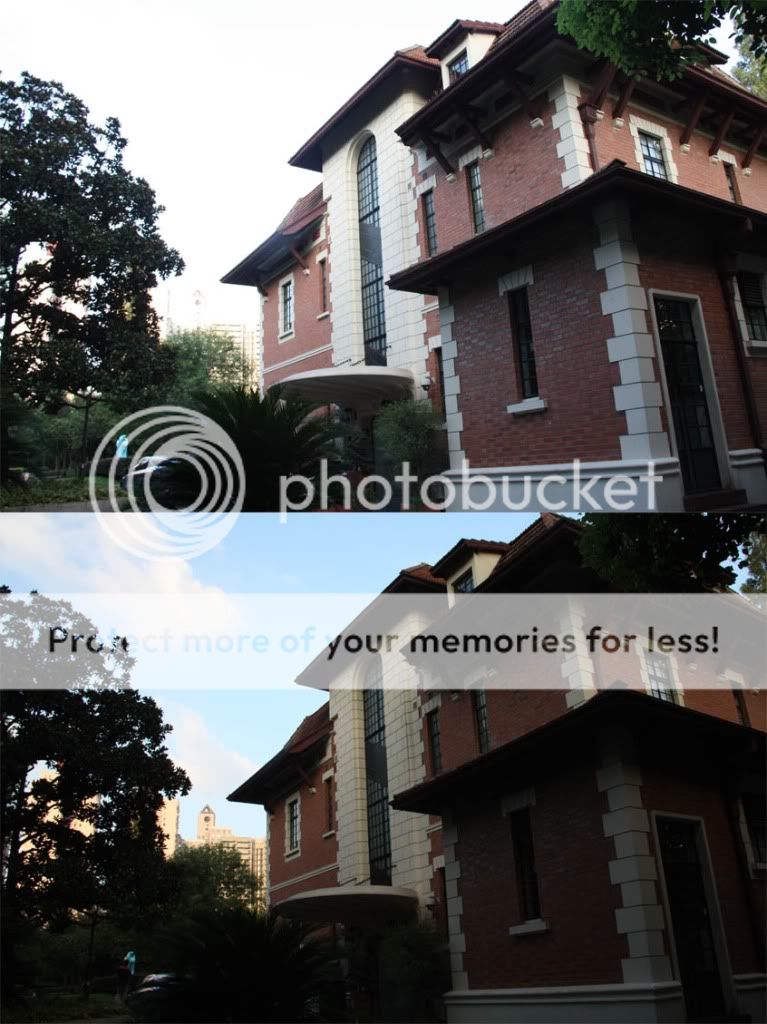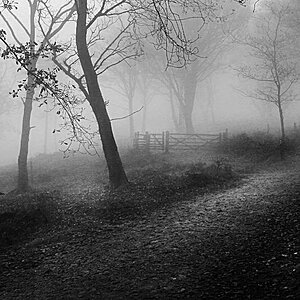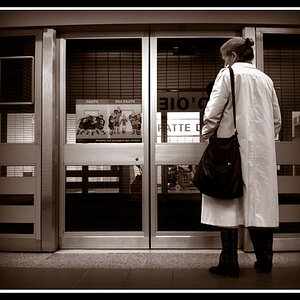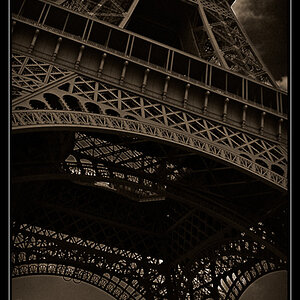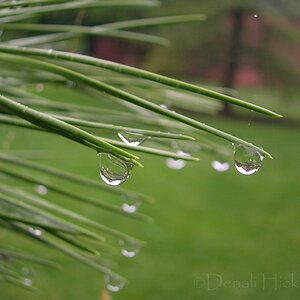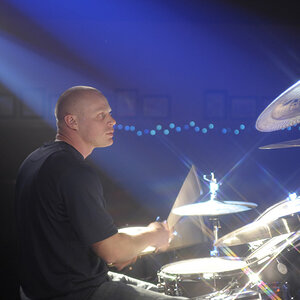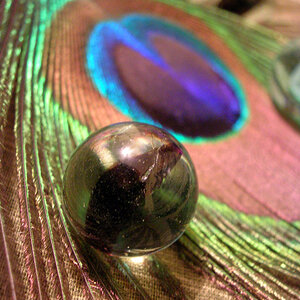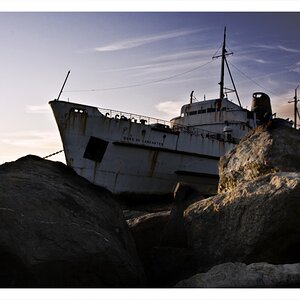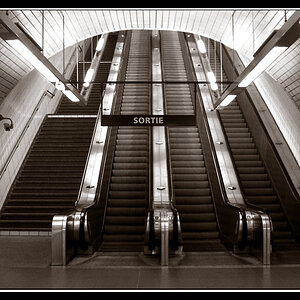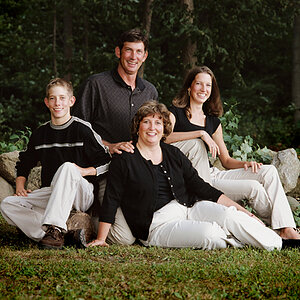bigtwinky
No longer a newbie, moving up!
- Joined
- Oct 6, 2008
- Messages
- 4,821
- Reaction score
- 286
- Location
- Montreal
- Website
- www.pierrebphoto.com
- Can others edit my Photos
- Photos NOT OK to edit
No, it isn't. I'm reporting you.
Oh, please take your ball and go home too.
My post was perfectly reasonable. The OP's question was vague and I wanted to see what he meant, not what you thought he meant.
Your post was blunt and rude. As are many of your posts on many of the threads. It was not reasonable as the explanations where already given.
And again, I was not talking to you, nor do I wish to!
And again, its an open forum. Discussions can be had with anyone. Make a public post, expect a public reply. If you want a one on one with someone, send them a private message.
If you do not wish to talk to me, then stop replying to my posts.
Holy god you are a piece of work.



